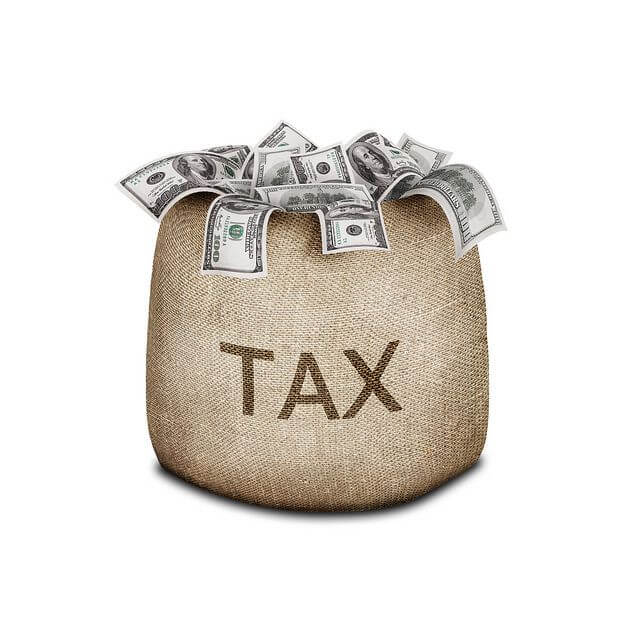Walmart v Pennsylvania: A Sales Tax Suit
- Jan 7, 2014 | Gail Cole

What happens if you discover you’ve been charged too much sales tax on a purchase?
The first course of action should be to ask for a refund directly from the retailer. This is what the Connecticut Department of Revenue Services recommends shoppers do if they were California State Board of Equalization (BOE), although the BOE also wants to be notified when customers think too much sales tax has been collected. The BOE notes that retailers are required to refund over-collected sales tax.
However, asking for a refund doesn’t always work. Last year, a cashier at a Pep Boys outside of Sacramento refused to refund a customer a few cents worth of sales tax. And in Connecticut, an argument erupted at a Stop & Shop when a customer refused to pay sales tax on kitty litter purchased with a two-for-one coupon. In the end, the customer was found to be right.
If a retailer refuses to refund sales tax that a customer feels certain has been erroneously collected, the state department of revenue should be contacted. Departments of Revenue oversee the collection and remittance of sales tax, audit businesses, and regularly rule on tax issues.
The Walmart case
Last summer, a man in Pittsburg, Pennsylvania, took Walmart to court over 21 cents. Mr. Farneth purchased two cans of shaving cream with a buy-one-get-one free coupon (BOGO) and claims the store charged sales tax on the pre-discount subtotal of $5.94, rather than the discounted subtotal of $2.97. Instead of being charged 21 cents sales tax, he was charged 42 cents. His receipt supports his claim.
Walmart claims that it is acting correctly and that the Pennsylvania Department of Revenue has previously supported Walmart’s policy. The company issued the following statement on CBS Pittsburg: “Walmart’s current systems, with respect to the collection and remittance of sales tax, are in compliance with Pennsylvania’s tax laws. We have previously sought an opinion from the state which confirmed this.”
That may be true. However, under Pennsylvania law, “Amounts which are excluded from the taxable portion of the purchase price, if separately stated and identified, include:
- …Discounts. Amounts representing on-the-spot discounts,… store discounts such as ‘buy one, get one free,’ … rebates and store or manufacturer’s coupons shall establish a new purchase price if both the item and the coupon are described on the invoice or cash register tape….” (Emphasis mine).
Assuming that he is not the only customer to have been overcharged sales tax, Mr. Farneth is pursuing a class action lawsuit. Mr. Farneth filed his suit in a state court, but Walmart asked to have it moved to a federal court (suggesting that damages, if found, could be worth at least $5 million).
Recently, the federal court kicked the case back to state court: “U.S. District Judge Mark Hornak cited comity in remanding the case back to the Allegheny County Court of Common Pleas.” He noted that “Pennsylvanian has set up its own adequate procedures for precisely the issue at hand—recovering illegally exacted taxes.”
Stay out of court
The best way to stay out of court is to collect the correct amount of sales tax in the first place. Switch to an automated sales tax solution and avoid attorneys’ fees.
Get Free Tax Rate Tables
photo credit: 401(K) 2013 via photopin cc

